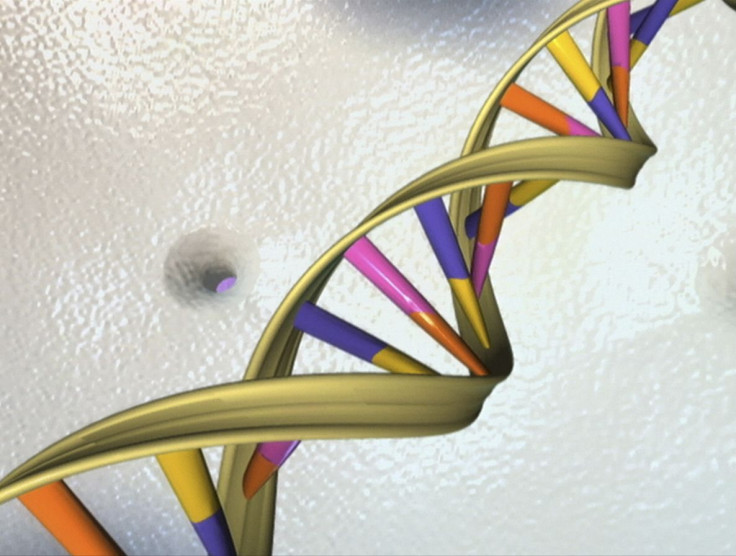Scientists Create ‘Alien’ Living Organism Using Artificial DNA

Scientists at The Scripps Research Institute, or TSRI, in San Diego, California, have created a new living organism whose genetic code includes six letters, instead of four, and that added pair of DNA letters, researchers say, is “not found in nature.”
In a study, published in Nature on Wednesday, scientists described the new bacterium as the first life form to contain artificial genetic building blocks. According to them, the new finding could lead to organisms that might help scientists develop medicines or industrial products that are impossible to produce using cells containing only natural genetic code, The New York Times reported.
“Life on Earth in all its diversity is encoded by only two pairs of DNA bases, A-T and C-G, and what we’ve made is an organism that stably contains those two plus a third, unnatural pair of bases,” Floyd E. Romesberg, a TSRI associate professor who lead the research team, said in a statement. “This shows that other solutions to storing information are possible and, of course, takes us closer to an expanded-DNA biology that will have many exciting applications—from new medicines to new kinds of nanotechnology.”
As part of the study, the scientists at TSRI added a pair of artificial “X” and “Y” nucleotides to the genetic code of the common bacterium E. coli, and so far, the bacteria appears to be reproducing normally, replicating the X-Y pair along with the natural nucleotides, the NY Times reported.
According to the scientists, their next step would be to demonstrate the in-cell transcription of the new, expanded-alphabet DNA into the Ribonucleic acid (RNA) that feeds the protein-making machinery of cells.
“In principle, we could encode new proteins made from new, unnatural amino acids—which would give us greater power than ever to tailor protein therapeutics and diagnostics and laboratory reagents to have desired functions,” Romesberg said. “Other applications, such as nanomaterials, are also possible.”
However, Jim Thomas, a spokesperson for a Canadian advocacy organization called the ETC Group, told the New York Times that creating new life forms and proteins could raise safety concerns.
“The arrival of this unprecedented ‘alien’ life form could in time have far-reaching ethical, legal and regulatory implications,” Thomas said.
© Copyright IBTimes 2024. All rights reserved.






















